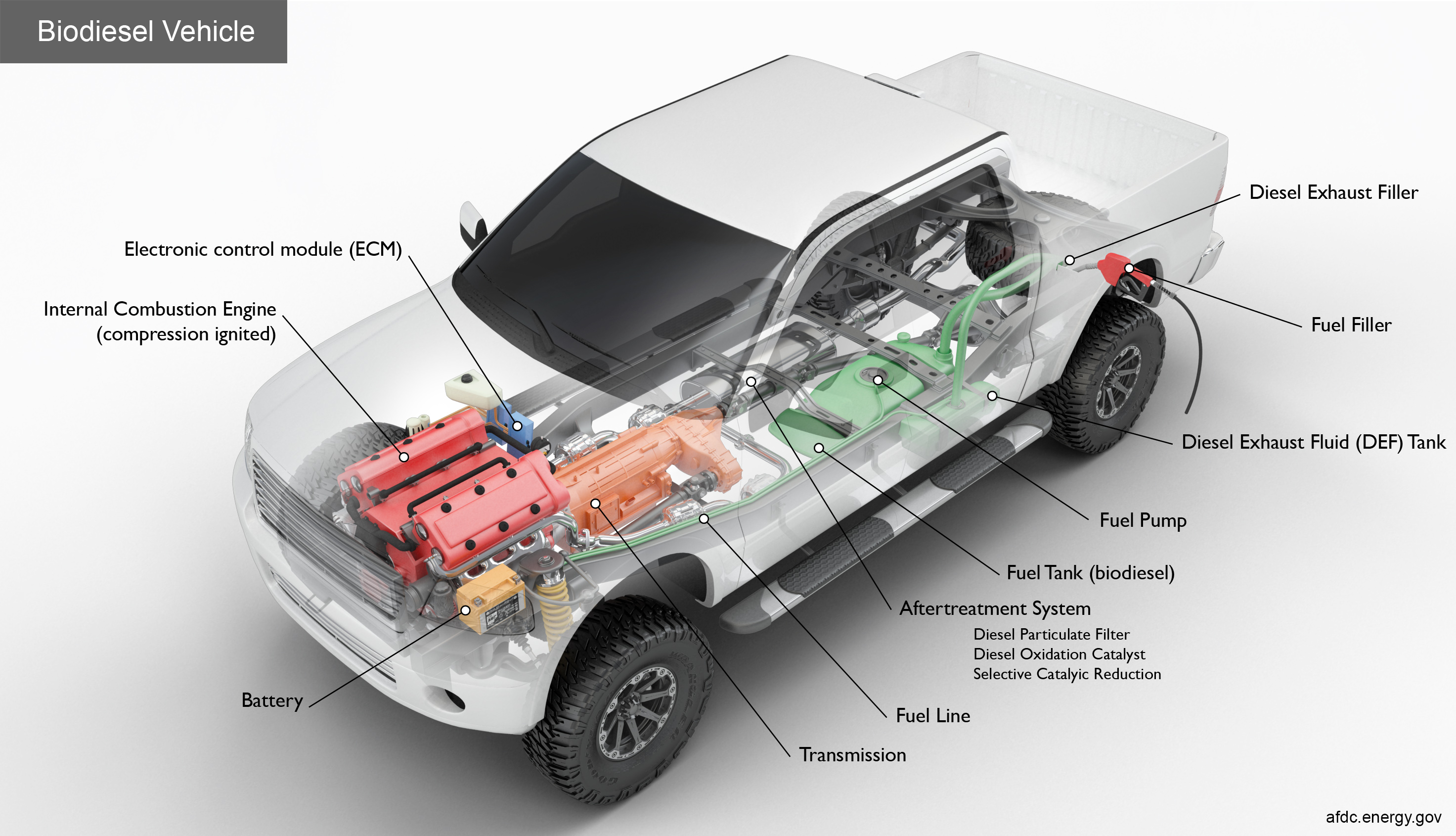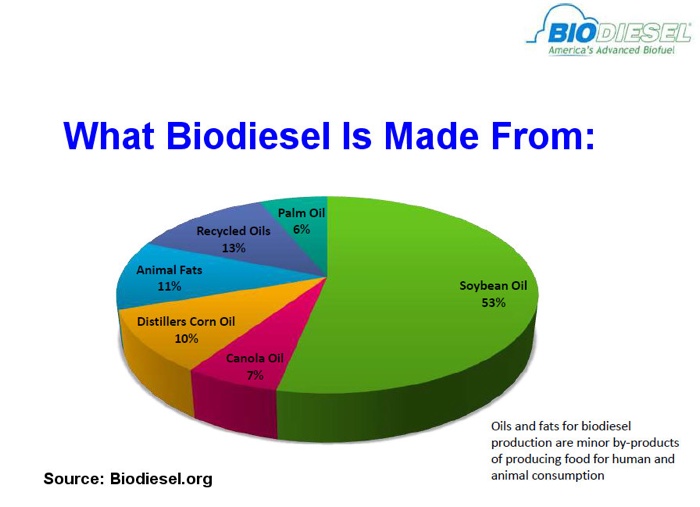When it comes to alternative fuels, biodiesel has been gaining popularity as a cleaner and more sustainable option compared to traditional diesel fuel. However, a common question that arises is whether biodiesel is safe for all diesel engines. Let’s delve into this topic to understand the compatibility of biodiesel with different types of diesel engines.
Understanding Biodiesel
Biodiesel is a renewable fuel that is typically produced from vegetable oils, animal fats, or recycled restaurant greases. It is biodegradable, non-toxic, and significantly reduces greenhouse gas emissions compared to petroleum diesel. Biodiesel can be used in its pure form (B100) or blended with petroleum diesel in various proportions (such as B20, which contains 20% biodiesel).

Credit: afdc.energy.gov
Compatibility with Diesel Engines
Most diesel vehicles, including light-duty, medium-duty, and heavy-duty trucks, are capable of running on biodiesel blends. Biodiesel is considered compatible with conventional diesel engines, and there is no need for engine modifications to use biodiesel blends. However, there are some considerations to keep in mind.
Potential Issues with Biodiesel
While biodiesel is generally safe for use in diesel engines, there are some potential issues that can arise due to differences in fuel properties between biodiesel and petroleum diesel. Some of the common problems associated with biodiesel use include:
- Deposits in injector pumps affecting performance
- Hard starting, decreased power, and misfiring
- Compatibility issues with certain engine components
Manufacturer Recommendations
It is essential to check the recommendations of your vehicle’s manufacturer regarding the use of biodiesel blends. Some original equipment manufacturers (OEMs) may not approve the use of higher-level blends of biodiesel, and using such blends could void the engine warranty. Always consult your owner’s manual or contact the manufacturer to ensure that you are using the appropriate biodiesel blend for your engine.

Credit: www.enginebuildermag.com
Benefits of Biodiesel
Despite the potential issues, biodiesel offers several benefits that make it an attractive alternative to petroleum diesel. Some of the advantages of using biodiesel include:
- Reduced greenhouse gas emissions
- Renewable and sustainable fuel source
- Improved lubricity and engine performance
- Support for domestic agriculture and energy independence
Final Thoughts
In conclusion, biodiesel is generally safe for use in most diesel engines, but it is essential to be aware of the potential issues that can arise when using biodiesel blends. By following manufacturer recommendations, using the correct blend for your engine, and monitoring performance, you can enjoy the benefits of biodiesel while ensuring the longevity of your diesel engine.
Remember to stay informed and make informed choices when it comes to alternative fuels like biodiesel to contribute to a cleaner and more sustainable future.


